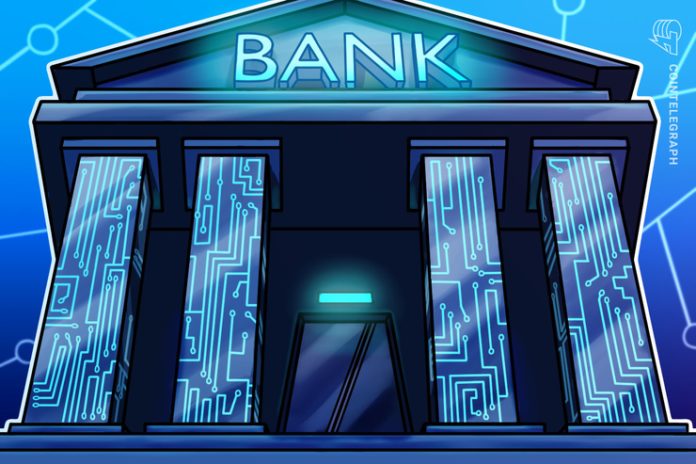[ad_1]
Wells Fargo analyst Mike Mayo announced during a Dec. 30 CNBC news segment that “this is the golden decade of banks and technology.”
Mayo explained that while the 1990’s had record bank consolidation (banking businesses merge with each other), systems were never integrated. He then explains that in the “aughts” decade – the 2000s – banks saw excessive growth, which unfortunately ended in “tears” due to the financial crisis of 2007-2009.
Mayo pointed out that the financial crisis was cleaned up this decade, twenty-five years after national banking first permitted banks to leverage their scale and growth. He noted that technology better enabled for banks (which could include emerging tech such as blockchain, machine learning and mobile banking) will ensure efficiency and better returns this decade, stating:
“Technology is the enabler that will take banks on multi-year trends to improve efficiency and ensure better returns with a lower risk profile that is still being under appreciated by the Street.”
What this all means
The decade we’ve just finished has been one of recovery for banks reeling from the financial crisis of 2007-2009
Mayo predicts that the financial sector is ripe for big advances over the next 10 years. After 3 straight decades of lagging the broader market, Mayo notes that bank stocks are getting ready to embark on a big decade that Wall Street might not be expecting. That decade of thriving banks will be technology-enabled.
Does this include blockchain?
Mayo does not specifically refer to which technologies will enable advances for the banking industry, but blockchain could be an important element for moving forward.
According to recent findings from CBinsights, blockchain technology has become the seventh most popular investment area for banks this year, beat out by other investment priorities like real estate, wealth management, and capital markets.
Major banks such as JP Morgan, BBVA, and others currently use blockchain technology to different ends. JP Morgan is working on JPM Coin, which uses blockchain to make instantaneous payments around the world.
It bears mentioning that blockchain intelligence firm CipherTrace has found that large banks may be processing up to $2 billion in undetected cryptocurrency-related transfers each year.
In a press release shared with Cointelegraph on Dec. 16, CipherTrace claims that its research unit has uncovered that every one of the United States’ top 10 commercial banks have unregistered cryptocurrency businesses (like crypto exchanges) using their payments networks to process funds.
[ad_2]










